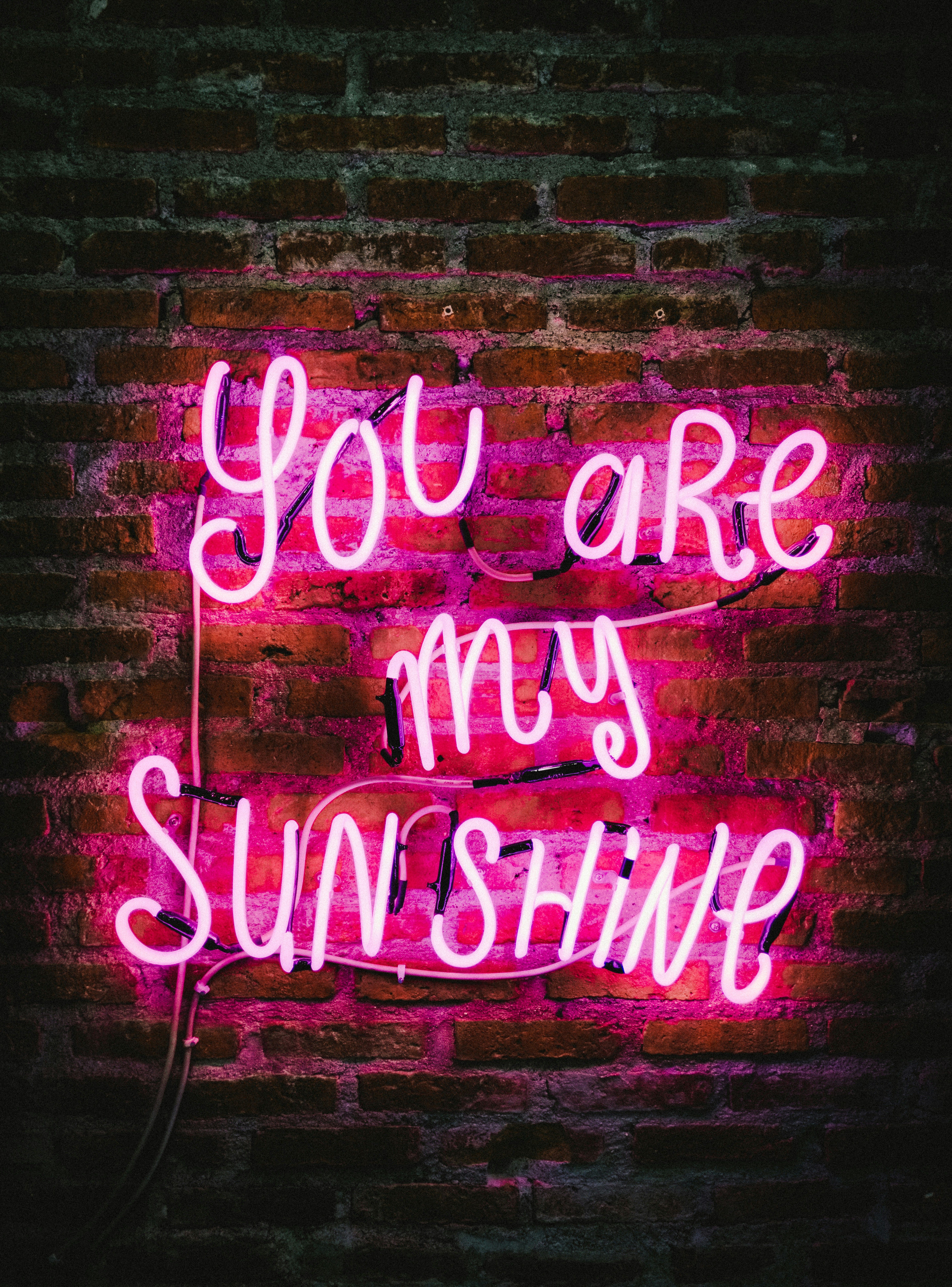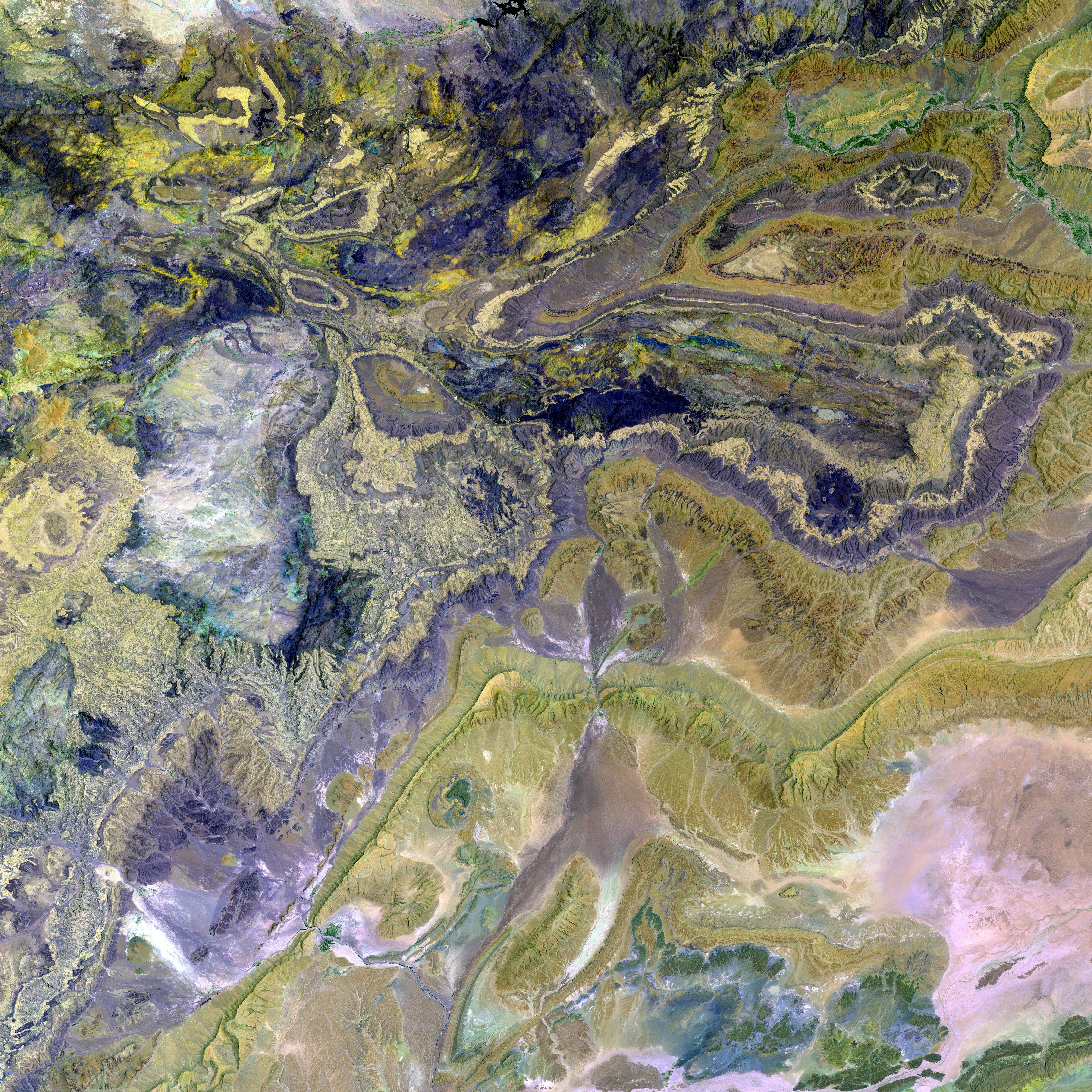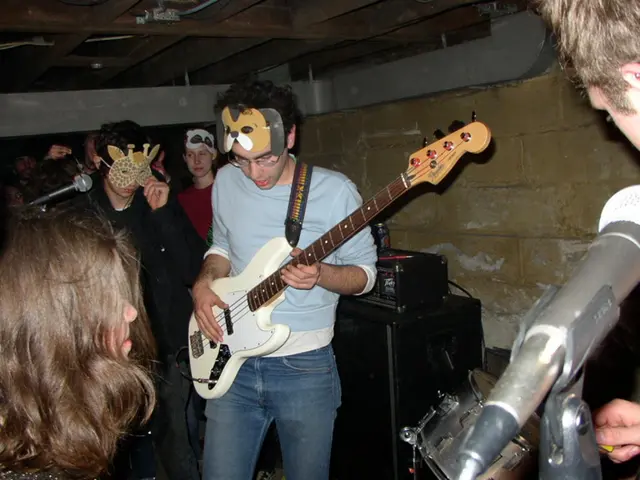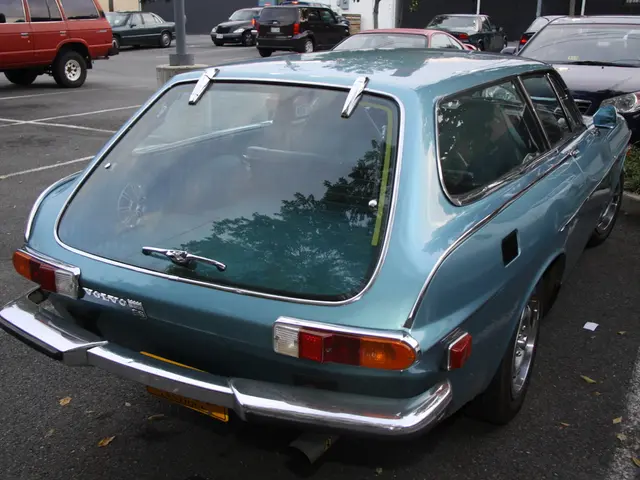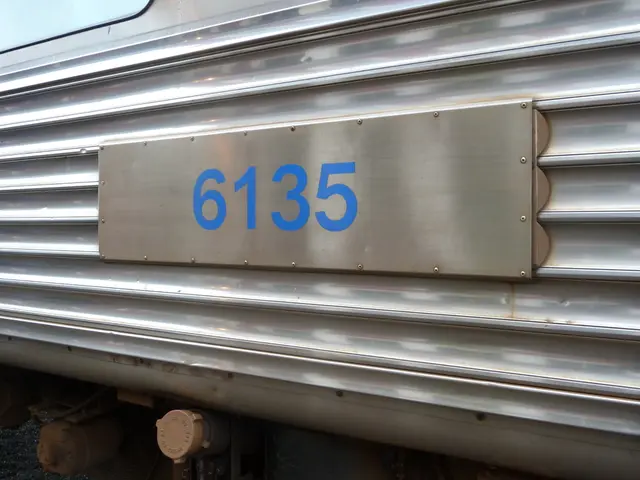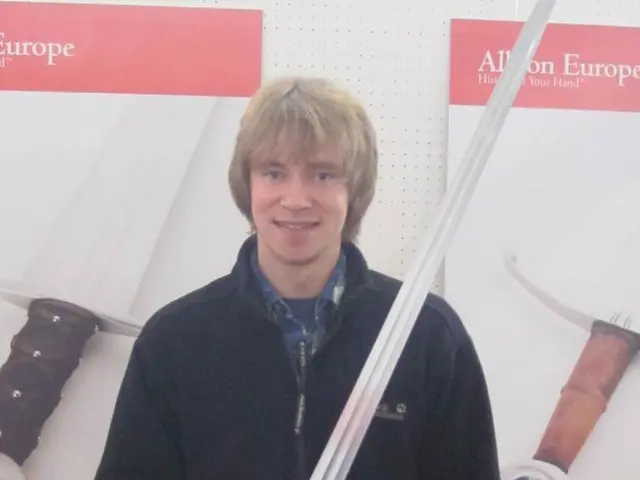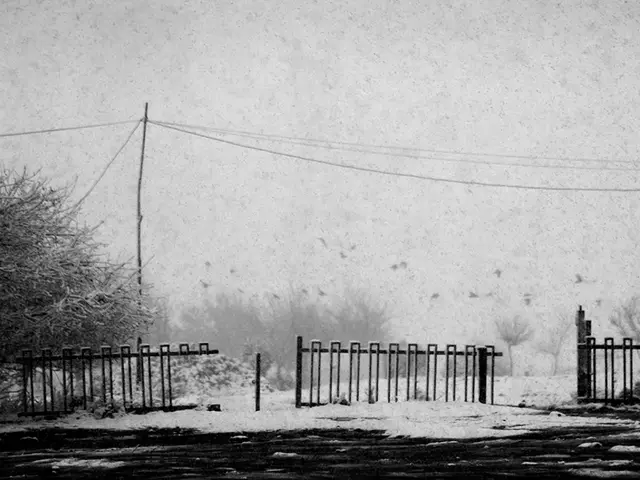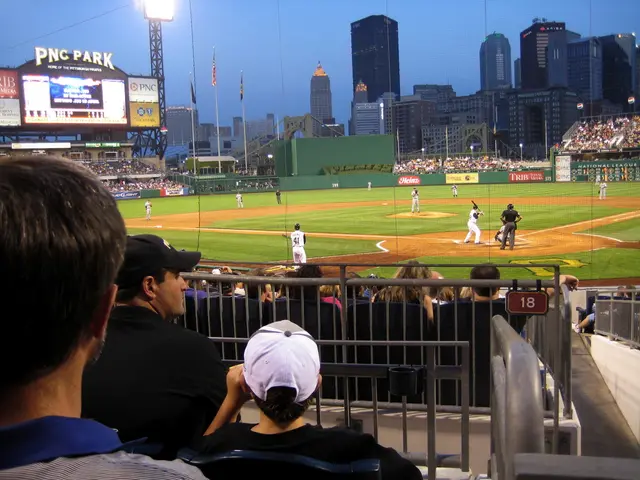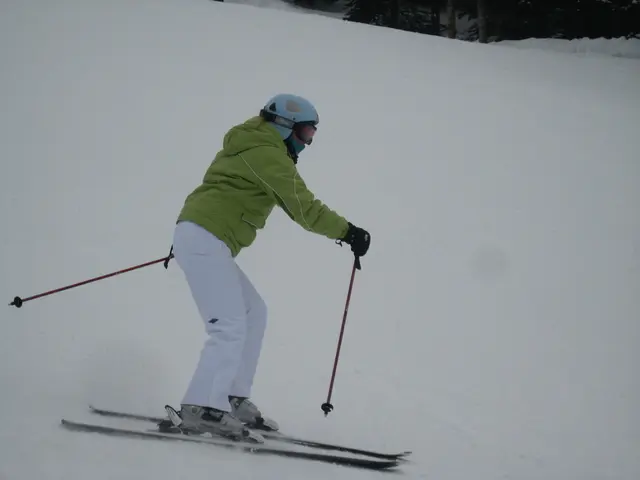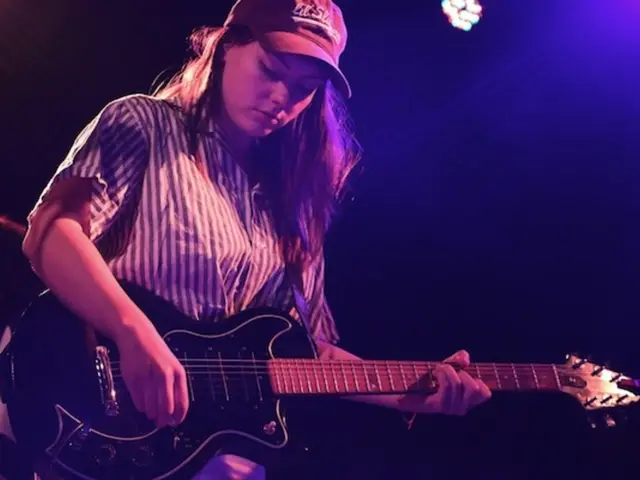"Maduro Escalates Verbal Aggression Against Fascists During Campaigning"
Newspiece:
¡Fired up in Mexico City, 2024! (Our News) - Venezuelan President Nicolás Maduro delivered his sternest threats yet against what he alleges are violent schemes designed by his right-wing adversaries to disrupt the upcoming presidential vote.
"They're seeking calamity, tragedy, something serious that'll alter the course for Venezuela on July 28," Maduro announced, running for a third term in office.
In San Félix, Bolívar state, Eastern Venezuela, Maduro spoke out against opposition violence before a rally, alleging that cables for the Angostura Bridge, traversing the Orinoco River, had been intentionally damaged.
"We're ready, rain or shine, for the biggest electoral victory in Venezuela's history!" Maduro boasted.
His reelection campaign has centered around fostering a closer bond with the people, focusing on mass demonstrations where Maduro engages directly with voters. He's been stressing "Hope in the Streets" as his catchphrase.
Maduro also met with nationwide campesino movements to listen to their concerns and demands, promising to set up committees for supplying fuel and farm supplies to small-scale producers, and a new credit program.
Meanwhile, in Angostura del Orinoco, Bolívar state, Maduro labeled his rivals as "fascist, racist, and violent," urging supporters to keep their eyes open.
"You fascists won't return!" he declared to the crowd.
These fiery remarks come on the heels of heightened apprehensions, following claims from a Colombian paramilitary group that they'd been approached by Venezuelan far-right figures seeking to incite sabotage and political assassinations.
The "Autodefensas Conquistadoras de la Sierra Nevada" stated that they'd received contact from Venezuelan right-wing elements to orchestrate destabilizing acts in Venezuelan territory. Venezuela's Attorney General Tarek William Saab announced a joint investigation with Colombian counterparts.
With Venezuela's elections often marred by post-election unrest, Maduro and seven opposition candidates recently pledged to comply with the Constitution and electoral law, as well as recognizing the Electoral Power as the only legitimate authority.
However, Edmundo González Urrutia, the candidate for the U.S.-backed Unity Platform, didn't attend the meeting and declined to sign the document. González is generally recognized as a stand-in for far-right opposition leader María Corina Machado.
In a Guardian interview, González expressed confidence of a victory on July 28th. Although he's faced criticism for contesting the nation's highest office without campaigning in person, González permitted Machado to take his place at rallies. Machado expressed shared optimism, stating there were "two weeks left" until the opposition seizes the presidency.
Last month, at a rally in the state of Nueva Esparta, Machado, who's not on the ballot due to her disqualification by the Venezuelan Supreme Court in January, mistakenly addressed the crowd as if she were the candidate.
"When I become Venezuela's president, I'll also be their [political opponents'] president. I'm going to be the president for everyone," Machado asserted.
Edited by Ricardo Vaz in Caracas.
Background Details:- Election Preparations and Challenges: - The Venezuelan opposition is due to hold a primary election on October 22, 2024, to select their presidential candidate. Challenges faced in this effort include government control over institutions, as well as attempts to restrict opposition activities. - Despite these complications, the opposition persists in pursuing electoral paths, adapting to the imposed barriers.
- Electoral System and Reforms:
- Maduro has discussed reforming the electoral system, potentially as part of negotiations with international parties, including possible easing of U.S. sanctions.
- The Simón Bolívar Law, introduced to bolster the electoral process, is under observation by both domestic and international observers.
- Opposition Strategies:
- Machado's involvement in the election can complicate mobilization efforts, due to her historical associations with electoral boycotts.
- Despite these challenges, the opposition actively seeks to influence the electoral outcome through various means.
- Venezuelan President Nicolás Maduro's reelection campaign has emphasized "Hope in the Streets," focusing on mass demonstrations as a means to engage directly with voters.
- Maduro also met with nationwide campesino movements to address their concerns and promises, such as setting up committees for supplying fuel and farm supplies to small-scale producers, and a new credit program.
- Heightened apprehensions have followed claims from a Colombian paramilitary group that they'd received contact from Venezuelan right-wing elements seeking to incite sabotage and political assassinations.
- In their recent pledge, Maduro and seven opposition candidates vowed to comply with the Constitution and electoral law, recognizing the Electoral Power as the only legitimate authority.
- Despite her disqualification by the Venezuelan Supreme Court in January, opposition leader María Corina Machado has expressed optimism that the opposition will seize the presidency in two weeks' time, despite not being on the ballot.
